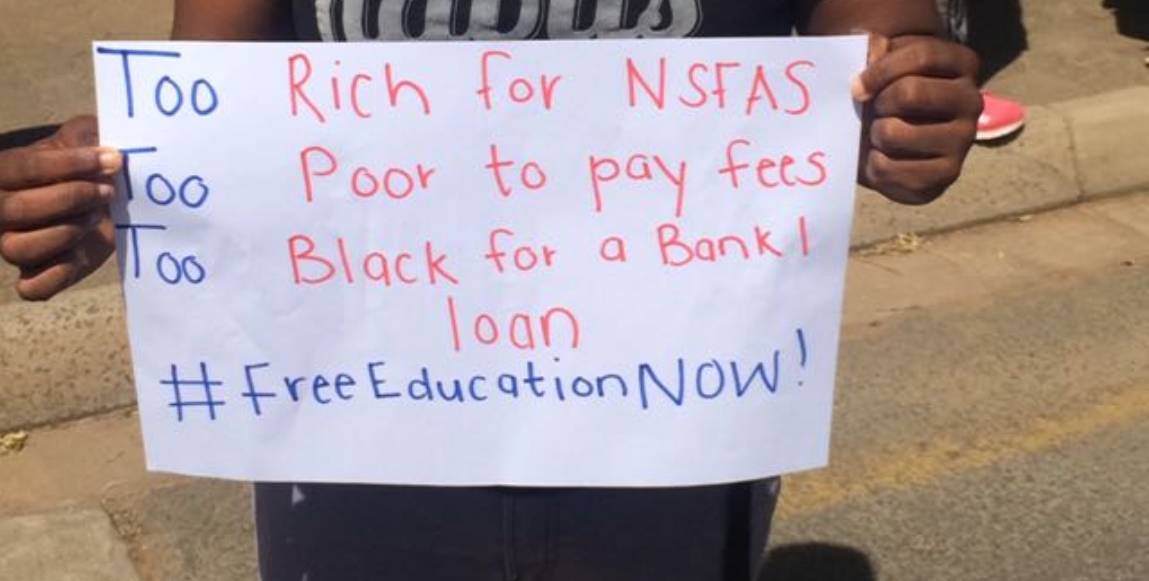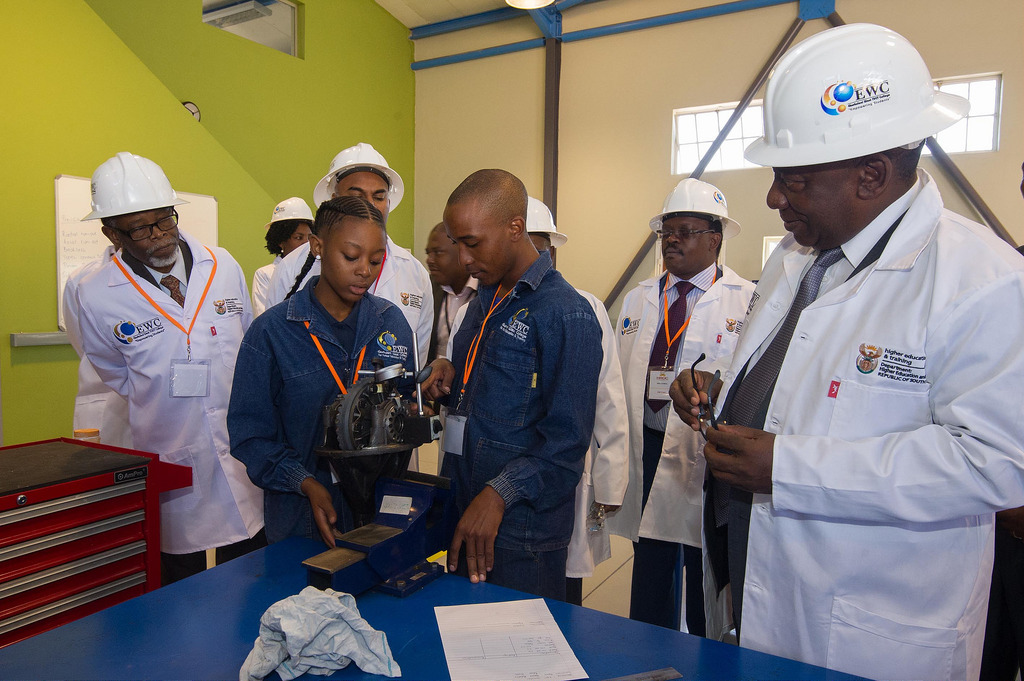The second week of January has seen many students across the country entering universities and registering for the first time. The National Student Financial Aid Scheme (NSFAS) has already received over 300 000 applications for first-year students for the 2018 academic year, after applications ran from 1 August till 30 November 2017. After the announcement of free higher education for first-year students, there has been a lot of confusion regarding the NSFAS process, so The Daily Vox is breaking it down
Who qualifies for NSFAS now?
The threshold to qualify for financial assistance was raised to R350 000 per annum of combined household income. This has more than doubled from the past figure of R120 000, to account for the ‘missing middle’ students who were previously unaccounted for.
Is there an option to still apply to a university or TVET ?
Yes, but this will be done through the Department of Higher Education and Training’s Central Applications Clearing House (CACH) where you can make late applications.
Will NSFAS open a second application process this year?
NSFAS will not reopen applications in 2018. The organisation says it will work with institutions to “assist with funding decisions for students who have applied for academic spaces without having applied for NSFAS funding and others.†Funding through NSFAS is still possible but must be done through CACH.
NSFAS will not be re-opening 2018 applications. Â We will work with institutions to assist with funding decisions for students who have applied for academic spaces without having applied for NSFAS funding and others pic.twitter.com/fE7DEjWq2a
— NSFAS (@myNSFAS) January 4, 2018
Can you still register if you have not yet received funding confirmation from NSFAS?
Yes, but only if you are Sassa beneficiary or have a combined household income of under R350 000 per year.
Will your previous debt be cancelled?
Despite the promise that outstanding student debts would be written off, NSFAS spokesperson Kagisho Mamabolo told EWN that there was no confirmation yet from the government that student debts can or will be scrapped.
Will walk-in registration be possible?
According to Universities South Africa, only universities who do have vacant academic spaces available will process walk-in applications “where there is a match between the candidate’s chosen field of study and the vacant seatsâ€. They also said universities may also require students to use their institutional online application systems.
Read more:Â All you need to know about NSFAS for 2017
Featured Image by Thomas Kolathu









